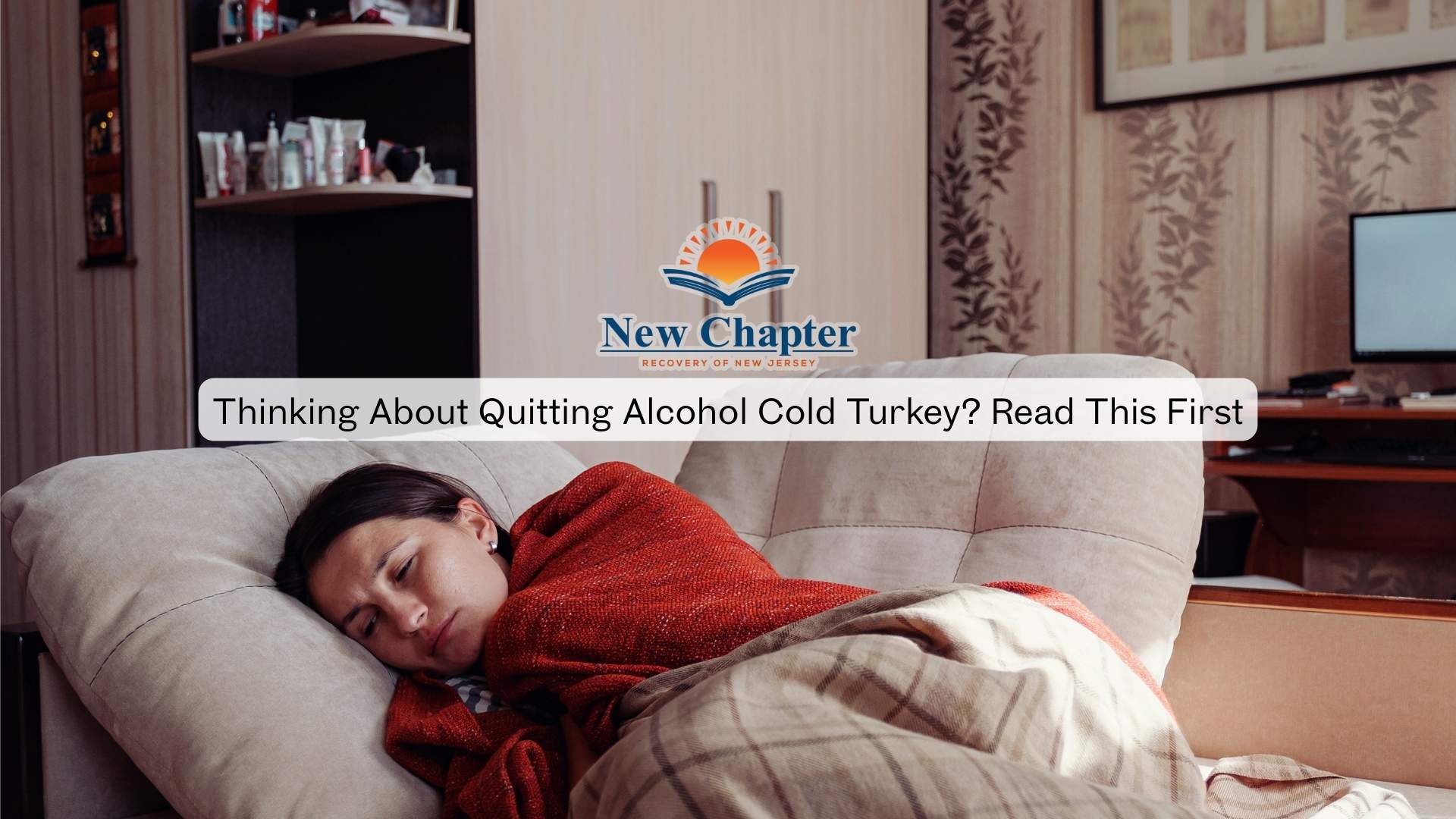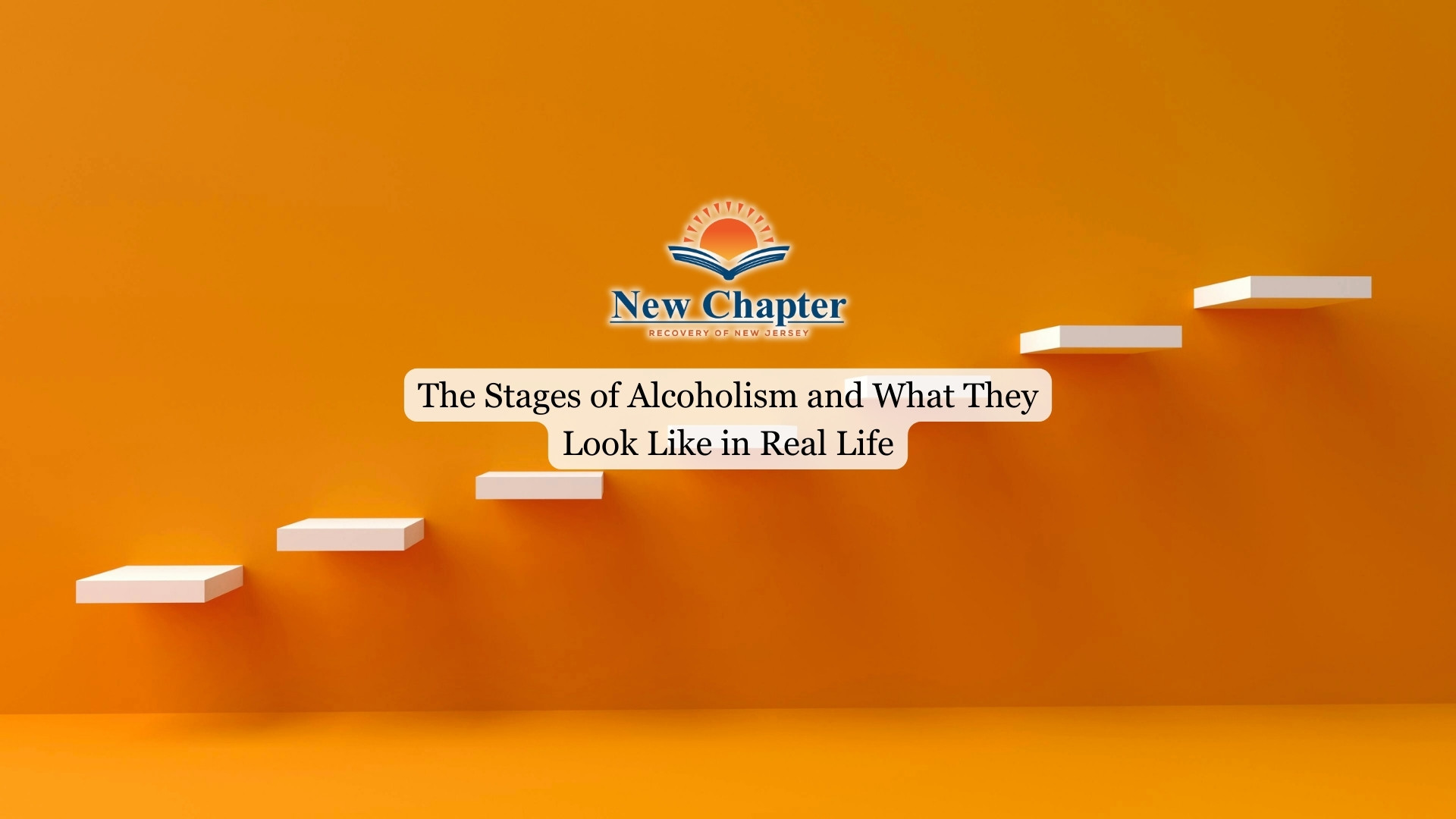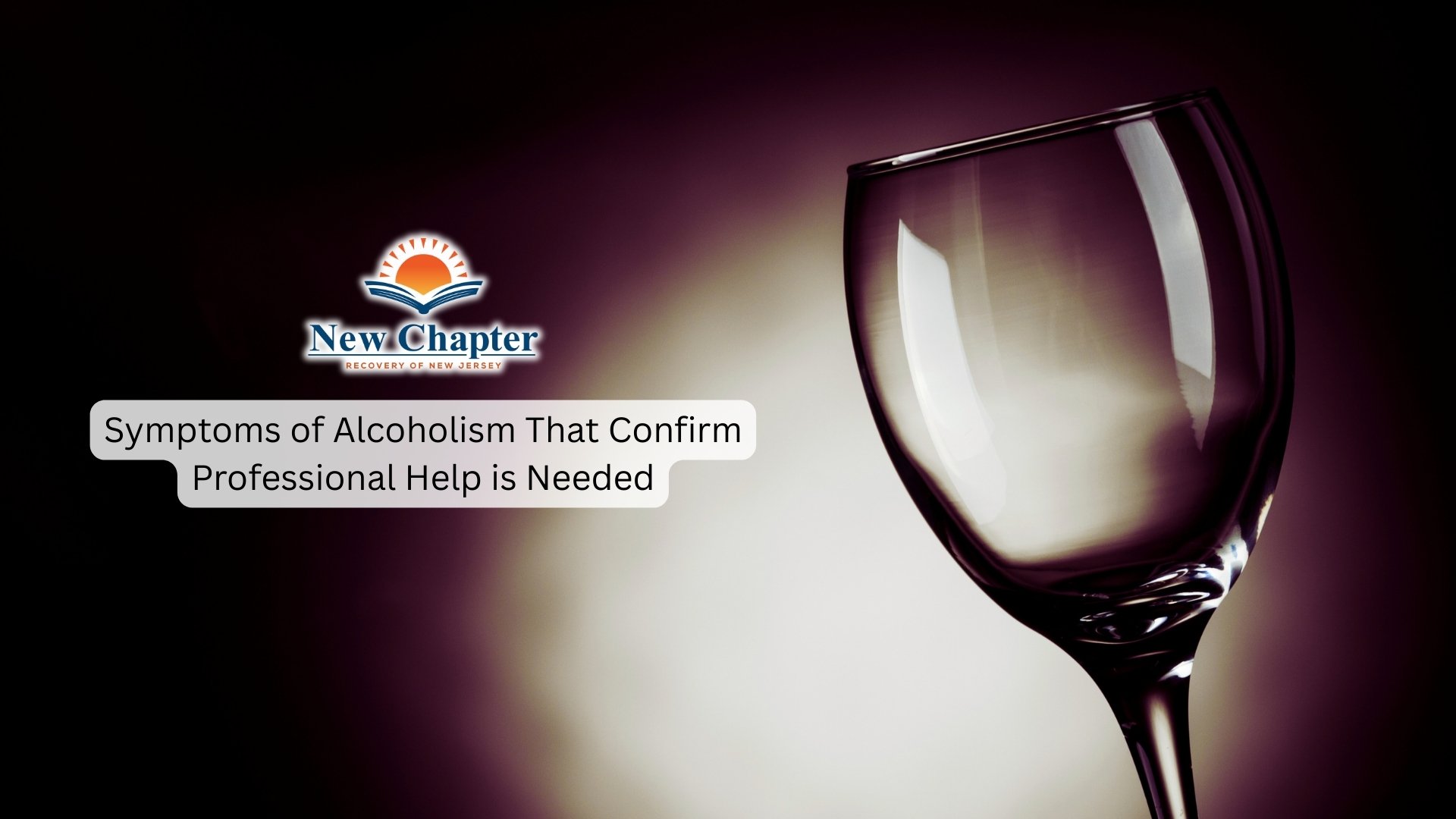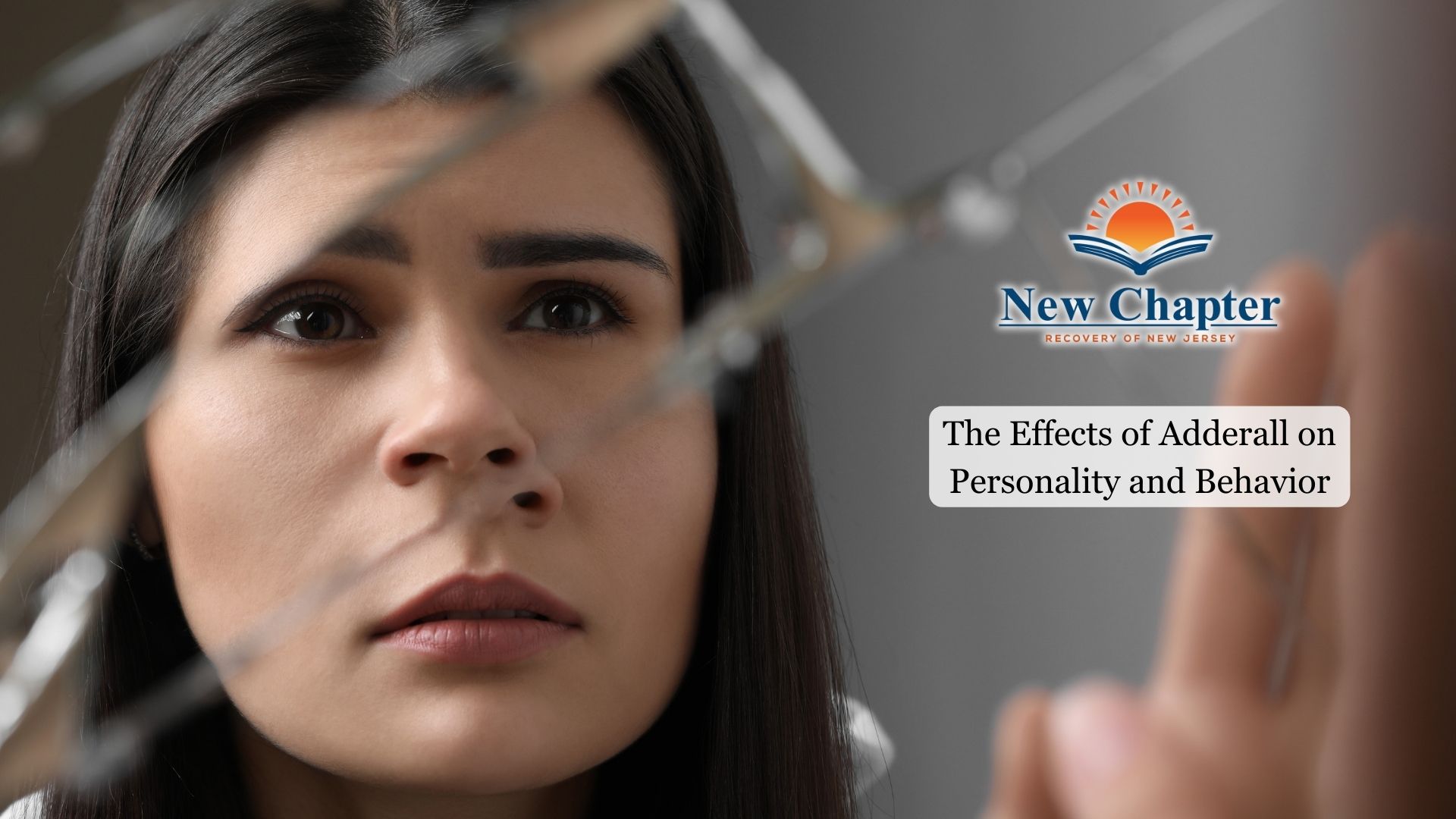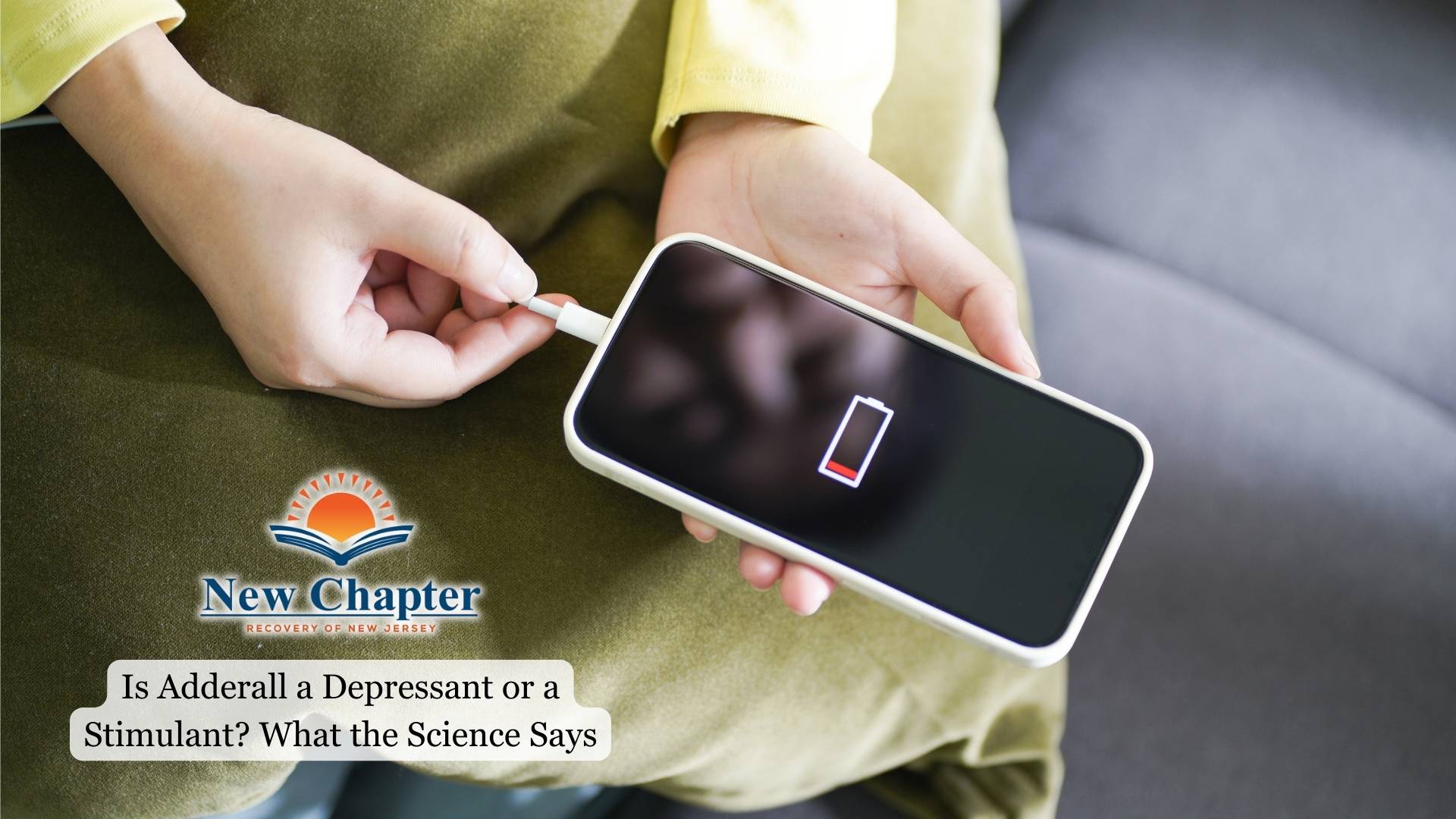Many people enjoy a drink to unwind, often believing it helps them sleep better. While alcohol can induce drowsiness, its effects on sleep are more complicated than they seem. As the body metabolizes alcohol, sleep patterns can become disrupted, leading to restless nights and poor sleep quality.
This article explores the real effects of alcohol on sleep and the ways this impacts long-term health.

The Science of Alcohol and Sleepiness
Alcohol functions as a central nervous system depressant, leading to a state of sedation. This sedative effect is primarily due to alcohol’s enhancement of GABA (gamma-aminobutyric acid) receptor activity, which inhibits nerve transmission and promotes feelings of tiredness.
Additionally, alcohol increases adenosine levels, a biochemical that accumulates during wakefulness, further facilitating sleep onset. When consumed, alcohol peaks in the bloodstream, promoting quick sleep initiation.
However, as alcohol is metabolized, its effects diminish, disrupting sleep cycles. This can lead to fragmented sleep, particularly in the second half of the night, negatively affecting overall sleep quality.
The Deceptive Nature of Alcohol-Induced Sleep
Although many believe that when they drink alcohol, it promotes restful sleep, the reality is that it often leads to a deceptive form of slumber that is far from restorative.
Alcohol can disrupt the quality of sleep by significantly reducing REM sleep duration, which is vital for cognitive restoration and emotional well-being. As blood alcohol levels decline, individuals frequently experience rebound alertness, making it difficult to fall asleep and resulting in unnecessary nighttime awakenings.
This cycle of disrupted sleep can lead to insomnia, with common disturbances including middle-of-the-night waking, vivid dreams, and nightmares.
Long-Term Effects of Alcohol on Sleep Architecture
When individuals engage in regular drinking, their natural sleep architecture significantly alters, leading to a cascade of adverse effects on sleep quality. Alcohol disrupts various stages of sleep, particularly reducing the duration and quality of rapid eye movement (REM) sleep, which is vital for restorative rest and cognitive functioning.
Over time, tolerance to alcohol’s sedative effects develops, compelling individuals to consume larger amounts to achieve similar sedation. This escalating pattern often contributes to alcohol use disorder, as the brain becomes increasingly dependent on the substance to initiate sleep.
Chronic alcohol consumption is strongly linked to insomnia, as it fragments sleep and disrupts normal patterns, increasing the risk of long-term sleep disorders. Research shows that alcohol can cause persistent changes to sleep architecture even after periods of abstinence, though these changes gradually reverse during recovery.
This creates a cycle of dependency where individuals rely on alcohol for sleep, yet it ultimately exacerbates sleep problems, reinforcing their dependency and leading to persistent fatigue and daytime sleepiness. Breaking this cycle typically requires addressing both the sleep disturbance and the underlying alcohol use patterns simultaneously.
Alcohol and Sleep Disorders
Engaging in regular alcohol consumption can significantly heighten the risk of developing sleep disorders, including sleep apnea and restless leg syndrome.
Alcohol use is associated with increased incidences of sleep apnea, characterized by obstructed breathing during sleep, leading to frequent awakenings and reduced oxygen levels.
Furthermore, those suffering from restless leg syndrome may experience worsened symptoms due to alcohol, contributing to disrupted sleep patterns.
Alcohol not only exacerbates existing sleep disorders by altering sleep cycles and diminishing REM sleep quality but also fosters a detrimental cycle of poor sleep.
Consequently, this lack of restorative sleep can worsen mental health conditions, increasing anxiety and depression symptoms, further complicating the reliance on alcohol and perpetuating addiction-related issues.
Sleep Changes During Recovery
In early sobriety, individuals often face withdrawal-related sleep disturbances that can significantly impact their recovery journey. Common issues include insomnia and increased nighttime awakenings driven by changes in brain chemistry and elevated stress hormone levels.
The timeline for sleep improvement can vary, however, many report noticeable enhancements in sleep quality within weeks to months as their circadian rhythms stabilize. These sleep problems can serve as potential relapse triggers, as those struggling with insomnia may resort to alcohol as a misguided remedy.
Healthy Sleep Strategies for Recovery
Evidence-based techniques to improve sleep quality after alcohol consumption include maintaining a consistent sleep schedule and avoiding screens before bedtime. Relaxation exercises like deep breathing or meditation can enhance sleep quality.
Creating a sleep-conducive environment—keeping the bedroom dark, quiet, and comfortable—also plays a vital role. Cognitive Behavioral Therapy for Insomnia (CBT-I) effectively addresses sleep disorders by modifying negative thought patterns and behaviors related to sleep.
If persistent sleep issues arise despite these strategies, seeking professional help from healthcare providers specializing in sleep disorders may be necessary for appropriate treatment.

How Professional Treatment Addresses Sleep Issues
Professional treatment often includes comprehensive assessments of sleep quality and the implementation of tailored interventions to address sleep disorders and insomnia.
Medically supervised detox focuses on managing withdrawal-related insomnia through appropriate pharmacological options.
Additionally, therapeutic interventions like cognitive behavioral therapy for insomnia (CBT-I) equip individuals with essential skills to improve sleep hygiene and enhance overall sleep quality.
Recognizing and treating co-occurring sleep disorders in rehabilitation is essential, as untreated issues can hinder recovery progress and elevate the risk of relapse.
Improved sleep quality contributes to better recovery outcomes and emotional regulation.
Tips for Improved Sleep After Drinking
To improve sleep after alcohol consumption, it is advisable to allow approximately one hour for the body to metabolize each drink before bedtime. Engaging in physical activity during the day can enhance sleep hygiene, mitigating alcohol’s harmful effects.
Additionally, using the bathroom right before bed can help reduce nighttime interruptions. Caffeinated beverages mixed with alcohol should be avoided, as caffeine increases alertness when attempting to rest.
Practicing moderation in alcohol consumption, limiting intake to 1-2 drinks, significantly reduces the likelihood of sleep disturbances, promoting a more restful night’s sleep.
Final Thoughts from New Chapter Recovery
Using alcohol as a sleep aid creates a harmful pattern that worsens sleep quality and could lead to an alcohol use disorder over time.
At New Chapter Recovery we offer alcohol addiction treatment programs, which are designed to address unhealthy drinking habits, which could lead to life-threatening consequences. Our evidence-based approaches help you uncover the cause of your dependency, restore natural sleep patterns while supporting your recovery journey.


